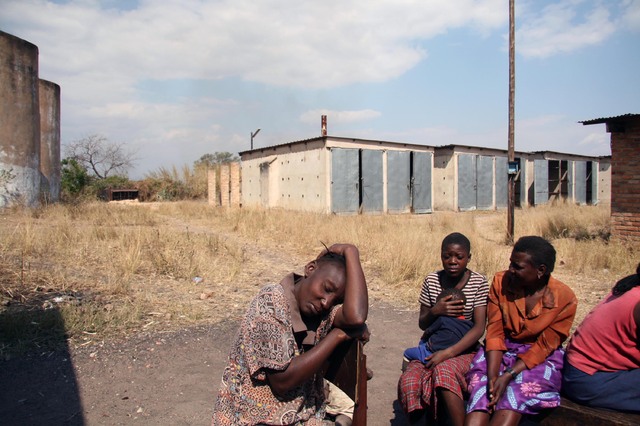Two months with no water for Arda Transau villagers in Odzi
By Fitzgerald Munyoro | Nehanda Local |
MUTARE- The water situation in Odzi has sunk to critical lows as Agricultural Rural Development Authority (ARDA) Transau settlers there say they have spent two months without access to water supplies in their community after the water purification station developed faults.

This came out during a Constitutional Talk Series which was organized by a local rights group Green Governance Zimbabwe Trust (GGZT).
There are more than 1 000 families who were moved to a sprawling 1 200 hectare government-owned farm.
“We have gone for almost two months without access to clean water. The situation is exposing us to water borne diseases such as cholera and typhoid as villagers rely on unprotected sources for water,” said Arda Transau Relocation Development Trust (ATRDT) representative Tawanda Mufute.
He said diamond mining companies should take the responsibility of ensuring that communities have access to health care and other basic amenities.
“When it comes to natural resources governance, mining companies must take responsibility in ensuring that communities in which they operate from, have access to information, health care and other basic amenities.
Mufute said mining companies have neglected the communities and were now concerned with extracting gems for their own benefit.
A legal expert with the Zimbabwe Lawyers for Human Rights, Peggy Tavagadza said communities should actively defend their basic rights.
She added that the communities should carry the primary burden to demand and defend their constitutional rights.
“There is a pending case that was filed by ZELA on behalf of the community with regards to access to water. ZLHR cannot approach the courts again, hence let us wait for what the courts will say about (the) Arda Transau issue.
“There is need for communities to assert and defend their rights. Many people always think of litigation as first option when seeking remedies to rights violations, which is very wrong,” she said.
Tavagadza said government has the responsibility to provide basic needs to the citizens.
“Demand the right to water from the relevant ministry because it is the responsibility of government to provide water for its citizens.”
“Government has got the responsibility to provide basic needs for the communities,” said Tavagadza.
GGZT communications advisor, Donald Nyarota said the legal framework must be extended to protect communities against environmental, social and economic costs of mining.
He said in most cases, communities bear the cost of extraction activities, without participation in the mining value chain, as corporates pocket profits.
Nyarota recommended that states should engage in progressive legislative reforms, domestication of regional treaties, and community equity in mining contracts with set benefit sharing thresholds.
“Natural resources extraction in the Global South, including Zimbabwe has failed to translate into positive economic and social impact for communities in resource rich areas. ”
“Unfortunately, domestic legal frameworks are weak too, either contain human rights violations by businesses or extend benefits to communities. “There is need for extensive legal reforms contract transparency; communities should be consulted “said Nyarota. Nehanda Radio






